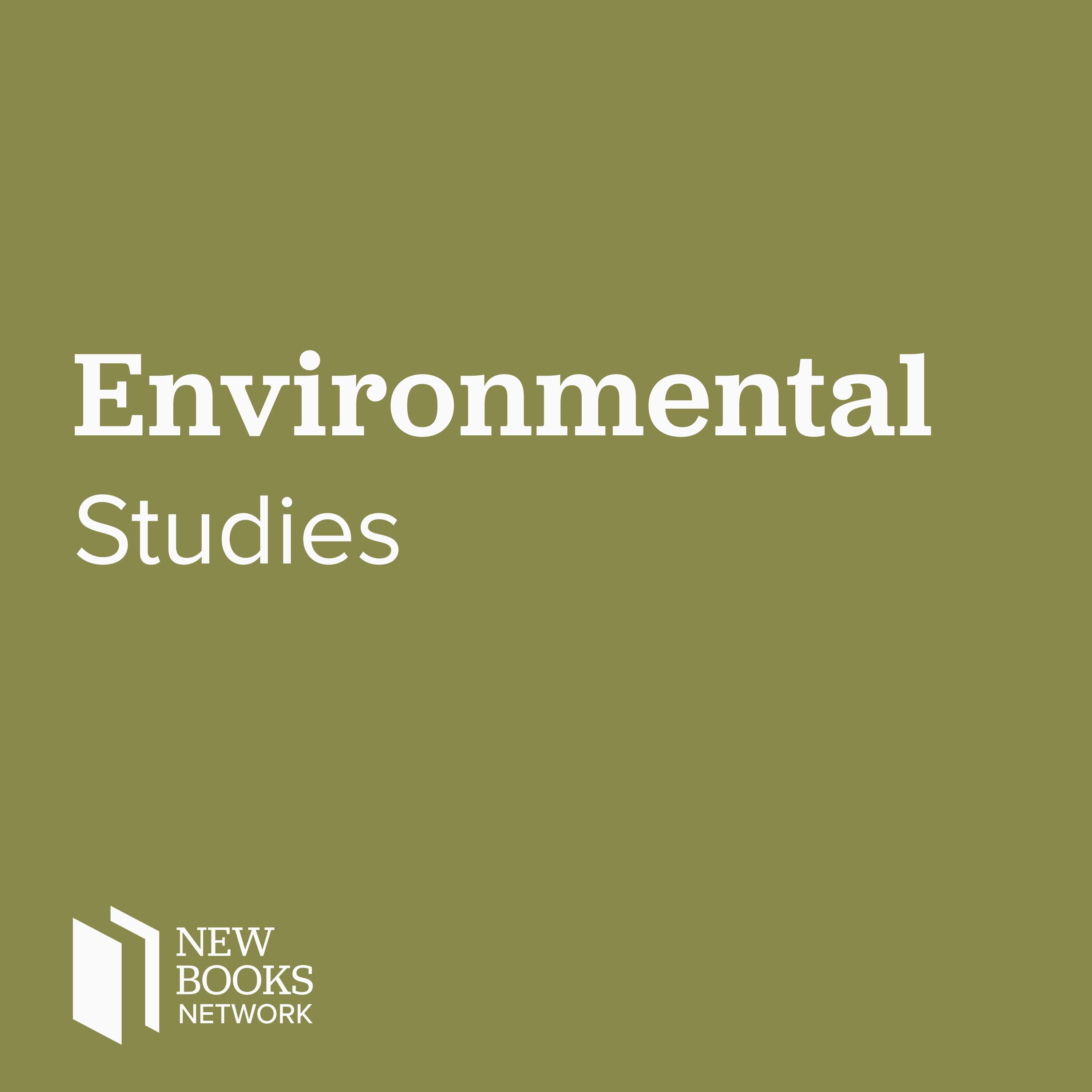The Poison Paradigm: What a Toxic Chemical Tells us about the Politics of Science
Description
We are exposed to thousands of toxic chemicals daily. This is no accident; it is by design. They are everywhere – coating our consumer products, in our food packaging, being dumped into our lakes and sewers, and in countless other places. However, for the most part, regulators say that we need not worry.
That assessment is based on a simple 500-year-old adage, “the dose makes the poison.” The logic is simple: anything is poisonous, depending on how large a dose. Dosing yourself with a miniscule amount of lead will cause no harm; while drinking an enormous amount of water will kill you. Regulators then try to find safe exposure levels for these chemicals—and they assume a simple, direct relationship (less is fine, more is worse). So, no matter how toxic the chemical, you only need to worry if it passes a certain exposure threshold.
But what if that’s wrong?
This episode of Darts and Letters predecessor, Cited, asks that question. This episode is a central part of Darts and Letters’ DNA. We’re interested in the politics of science and academia. We like asking questions like who gets to be the expert, how does funding impact research outcomes, that kind of stuff.
This is a story about how what one chemical, bisphenol A, or “BPA”, tells us about the politics of science.
—————————-SUPPORT THE SHOW—————————-
You can support the show for free by following or subscribing on Spotify, Apple Podcasts, or whichever app you use. This is the best way to help us out and it costs nothing so we’d really appreciate you clicking that button.
If you want to do a little more we would love it if you chip in. You can find us on patreon.com/dartsandletters. Patrons get content early, and occasionally there’s bonus material on there too.
——————-ABOUT THE SHOW——————
For a full list of credits, contact information, and more, visit our about page.
Learn more about your ad choices. Visit megaphone.fm/adchoices
Support our show by becoming a premium member! https://newbooksnetwork.supportingcast.fm/environmental-studies
More Episodes
Settler Ecologies: The Enduring Nature of Settler Colonialism in Kenya (University of Toronto Press, 2024) tells the story of how settler colonialism becomes memorialized and lives on through ecological relations. Drawing on eight years of research in Laikipia, Kenya, Charis Enns and Brock...
Published 04/20/24
Indigenous knowledge of local ecosystems often challenges settler-colonial cosmologies that naturalize resource extraction and the relocation of nomadic, hunting, foraging, or fishing peoples. Questioning Borders: Ecoliteratures of China and Taiwan (Columbia UP, 2023) explores recent...
Published 04/18/24
Enormous ecological losses and profound planetary transformations mean that ours is a time to grieve beyond the human. Yet, Joshua Trey Barnett argues in this eloquent and urgent book, our capacity to grieve for more-than-human others is neither natural nor inevitable. Weaving together personal...
Published 04/16/24


